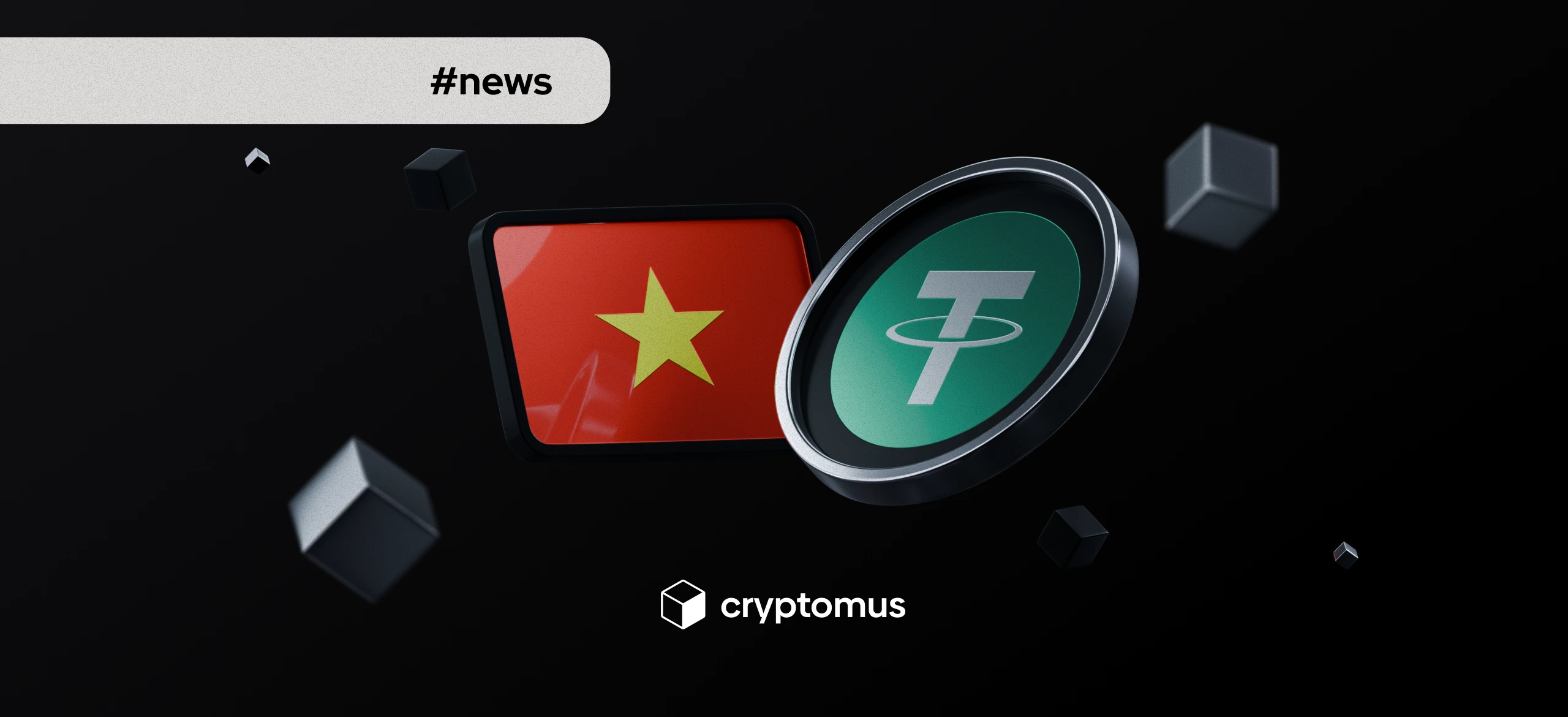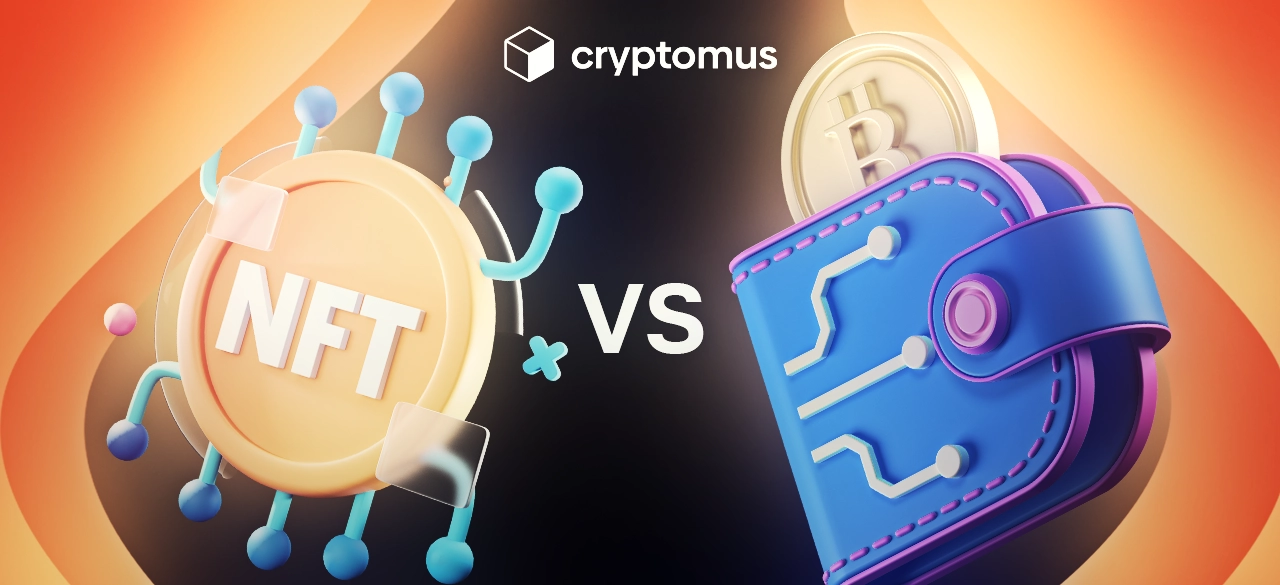
Chainlink and SBI Group Partner to Expand Tokenized Assets in Japan
Table of Contents
Chainlink has partnered with Japan’s SBI Group to expand the use of tokenized assets in the region. Together, they plan to build infrastructure that meets institutional standards for blockchain-based financial products in Japan and potentially in the wider Asia-Pacific. With interest in tokenized securities rising, this partnership could mark a significant step toward broader market adoption.
Barriers to Tokenized Asset Adoption
Despite growing interest, many Japanese financial institutions have faced challenges in adopting blockchain-based products due to limited infrastructure. A recent survey by SBI Digital Asset Holdings found that 76% of financial institutions in Japan plan to invest in tokenized securities, driven by the promise of efficiency and cost savings. However, adoption has been slow without dependable systems for cross-chain interoperability and on-chain verification.
Chainlink’s Cross-Chain Interoperability Protocol is central to this effort. It enables tokenized real-world assets, such as bonds and real estate, to operate securely across multiple blockchains. This functionality improves liquidity and allows for more precise fund management, with net asset value (NAV) data available directly on-chain—a significant advantage for institutional investors.
The collaboration will also explore Chainlink’s Proof of Reserve technology to enhance stablecoin transparency. This approach is expected to facilitate innovative solutions for foreign exchange and cross-border settlement, areas that continue to challenge financial institutions exploring blockchain.
What Does The Collaboration Mean?
This partnership is focused on more than infrastructure. It seeks to create practical solutions for financial institutions in Japan and the wider Asia-Pacific region. SBI and Chainlink are exploring payment versus payment methods for foreign exchange and cross-border transactions. These systems can simplify settlements and reduce delays and operational problems.
With institutional-grade blockchain tools, the collaboration allows firms to tokenize traditional assets efficiently. Automated fund administration, tested under Singapore’s Project Guardian with UBS Asset Management, shows how processes can be faster and more accurate. This may change how banks and asset managers in Japan handle investments.
The initiative also strengthens Japan’s position as a center for regulated digital assets. As regional demand for tokenized products rises, firms need trustworthy technology partners. Chainlink offers the technical foundation to support them.
Strategic Impact and Future Outlook
The partnership with SBI reinforces Chainlink’s position as a leading provider of secure blockchain solutions in Asia. Institutions such as Swift, Euroclear, and Fidelity already rely on Chainlink. Working with SBI expands its reach in tokenized assets, which remain less developed than traditional markets.
For SBI, the collaboration shows a focus on modernizing Japan’s financial infrastructure. CEO Yoshitaka Kitao emphasized supporting cross-border transactions with stablecoins, a step likely to increase digital asset use. The upcoming approval of a yen-backed stablecoin makes the timing even better.
This partnership also provides a model for APAC adoption. By showing that tokenized assets can be handled securely and transparently, SBI and Chainlink set a standard for others. The industry will watch as the technology moves from trial projects to broader implementation.
What To Expect Next?
The Chainlink and SBI partnership is an important step for Japan’s digital assets. It helps overcome adoption challenges, provides tools for institutions, and strengthens Japan’s role in regulated tokenized assets.
While Japan is the main focus, the effects could be felt throughout Asia. The collaboration mixes innovation with regulatory insight, showing a thoughtful way to integrate blockchain into mainstream finance.
Simplify Your Crypto Journey
Want to store, send, accept, stake, or trade cryptocurrencies? With Cryptomus it's all possible — sign up and manage your cryptocurrency funds with our handy tools.
Get Started









